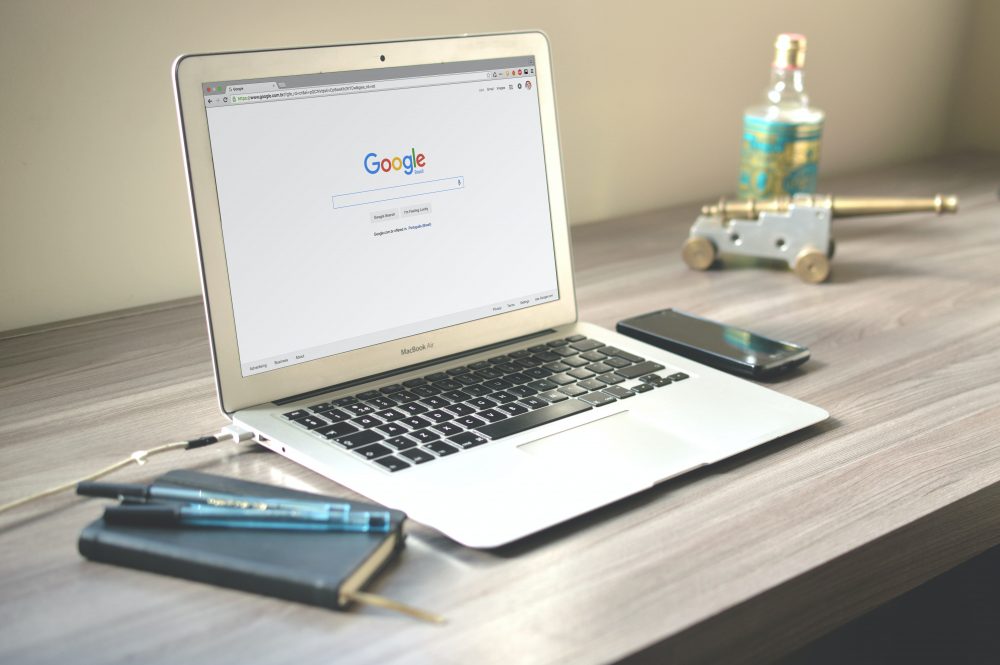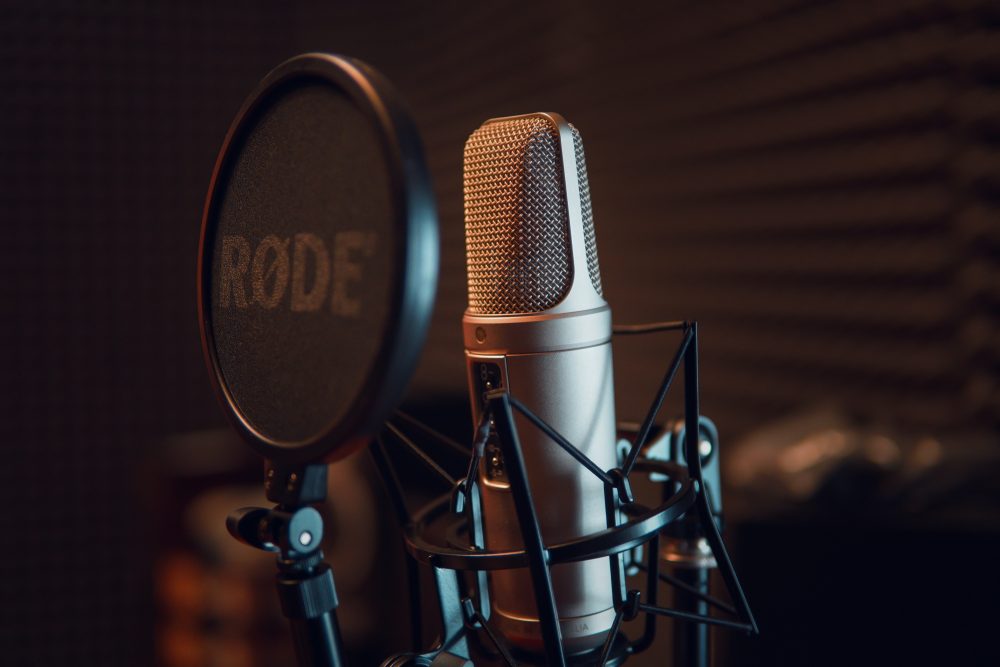The competition between Google and Amazon about e-commerce oriented search and sponsored products has become fierce. And Google has apparently started showing signs of exhaustion. Read the article in Italian
According to the report entitled Age of Amazon by ClickZ issued in partnership with Catalyst, 82% of Amazon Marketing Services users purchase sponsored products, while 65% pay both for the main ads and for the display of products. This latter, similar to Google Shopping ads, represents the fastest growing advertising product of the company, featuring the highest sale-per-clic rate. Furthermore, the e-commerce giant is the leader of electronic paid searches, controlling the 44% of the whole market.
Actually, paid searches and e-commerce are closely connected. And although 60% of the 209 billion dollars corresponding to the global digital advertising expense has been shared between Google and Facebook, they seem to be about to be unseated by Bezos giant. Over the past years, Amazon has moved from being just an e-commerce platform to being also a search engine which is used to completely sidestep the most traditional ones or even as one’s first choice. And this is why it has already won over BigG as far as product searches are concerned. Moreover, according to PricewaterhouseCooper Global Consumer Insights 2018, involving 22 thousand people in 27 countries, 14% of consumers purchases their goods exclusively through Amazon.
However, Google and Facebook are still ruling in terms of advertising revenues, despite the fact that Amazon is relentlessly growing. And even though the former will be recording an increase also in the current year, according to eMarketers they will be losing 2% of the digital advertising market, reaching down to 56,8% against 58,5% of 2017. While by 2020 Amazon will be scoring third in the ranking (Data Suggests Surprising Shift: Duopoly Not All-Powerful)
After all, putting together the best of Google (searches) and Facebook (its strong identity), Amazon has acquired a strong appeal onto marketers. In addition to this, it doesn’t make use of bots (each account corresponds to a real person) and its users are not allowed to post whatever they want thus preventing the risk of frictions with marketers (Watch out, Google and Facebook: Amazon ads are on the rise).
To oust its competitors in the market of paid searches, Amazon has even made some interviews with several companies to assess the possibility to advertise its products on Echo devices and make companies pay for a better placement (Amazon is planning a push into digital advertising in 2018, challenging Google and Facebook).
In the meantime Google has added a new function to AdWords called Shopping Actions, which allows consumers to purchase goods directly from ads, by means of Google assistant allowing them to pay straight away (Google, Amazon and the relationship between paid search and ecommerce)
Will this be enough? Still, facing such a consolidated giant, the going gets tough.
As marketers do you prefer Google, Facebook or Amazon and why? And as consumers, how do you conduct your market searches? Tweet @agostinellialdo.
To find out more about the digital world, you can read my book: “People Are Media”
If you liked this post, you may also like: “ Facebook new adv policy: will it damage brands?”





